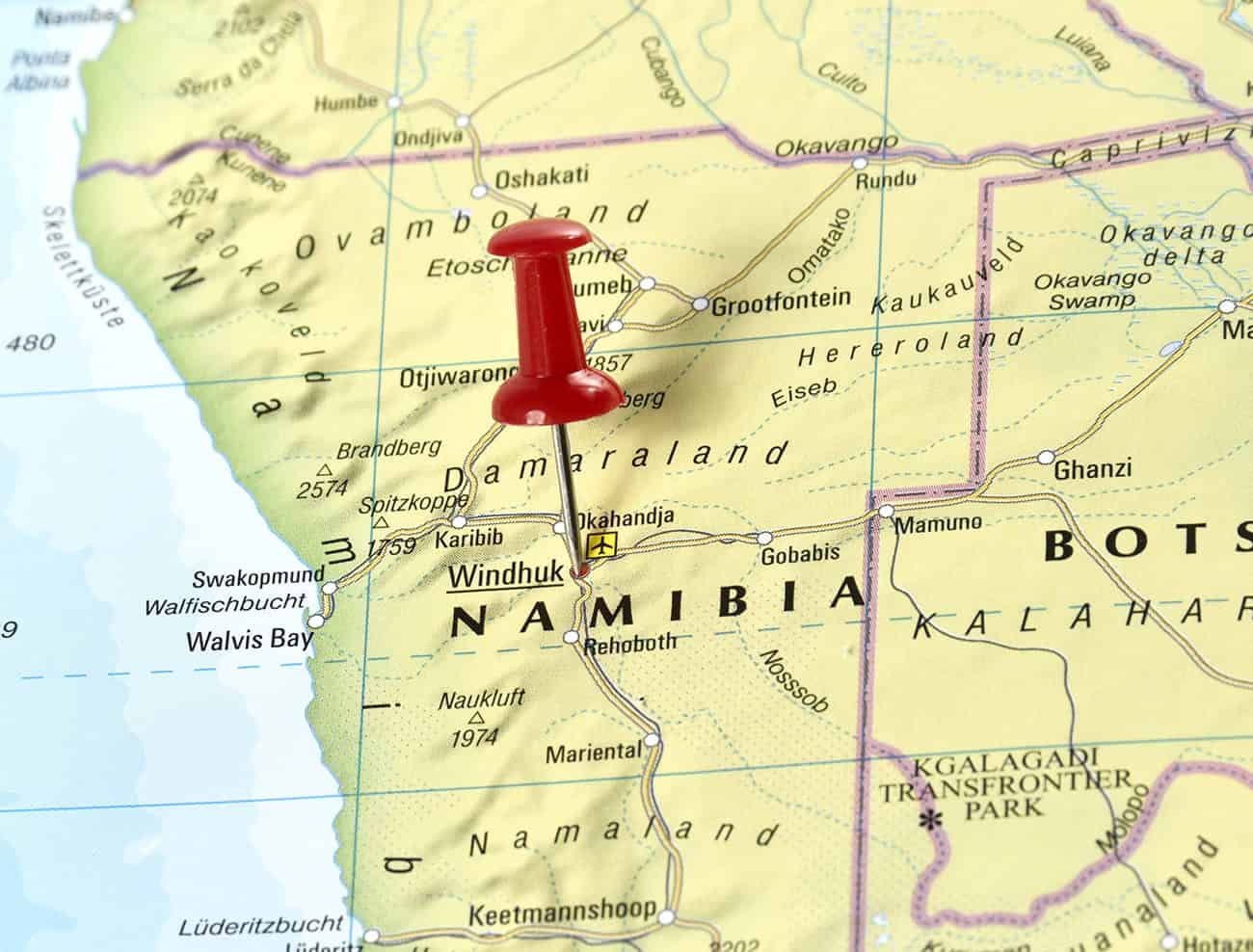The Bank of Namibia (BoN) has signed an agreement with NPCI International Payments Limited (NIPL), an international arm of the National Payments Corporation of India (NPCI), to develop a secure national payment system, similar to India’s Unified Payment Interface (UPI) using the same technology.
UPI is an instant payment platform that enables inter-bank transactions through mobile devices 24/7. With a single mobile application and two-factor authentication, users can access multiple bank accounts, conduct fund transfers and make merchant payments.
NPCI developed and launched its UPI in 2016. The platform has since become India’s most popular payment solution, with more than 117 billion transactions in 2023 and useable for payments in seven countries.
This partnership aims to boost inclusive economic growth and modernize Namibia’s financial system by improving connectivity with domestic and international networks.
Despite having a mature telecommunications market, Namibia is lagging behind its peers in adopting digital technologies. Its financial services sector also continues to lag. The use of online banking is limited, inhibiting access to credit and leading to a dual economy—a highly developed modern sector coexisting with an informal, subsistence-oriented one.
A UPI-like payment system will facilitate real-time payment transactions, along with person-to-person and merchant payment transactions, promoting financial inclusion and reducing cash dependency for underserved populations in rural and informal sectors. It will also help underserved micro, small, and midsize enterprises access finance.
Johannes Gawaxab, the governor of the Bank of Namibia, notes that the central bank aims to enhance accessibility and affordability for underserved populations by achieving full interoperability of payment instruments, modernizing the financial sector, and ensuring a secure national payment system by 2025.
The development of an instant payment system aligns with the bank’s Strategic Plan and National Payment System Vision and Strategy 2025. This reduces infrastructure costs for financial institutions and ensures the sustainability and affordability of instant payment solutions for end users. It also connects individuals, businesses and government entities to support the growth of digital entrepreneurship in Namibia.




